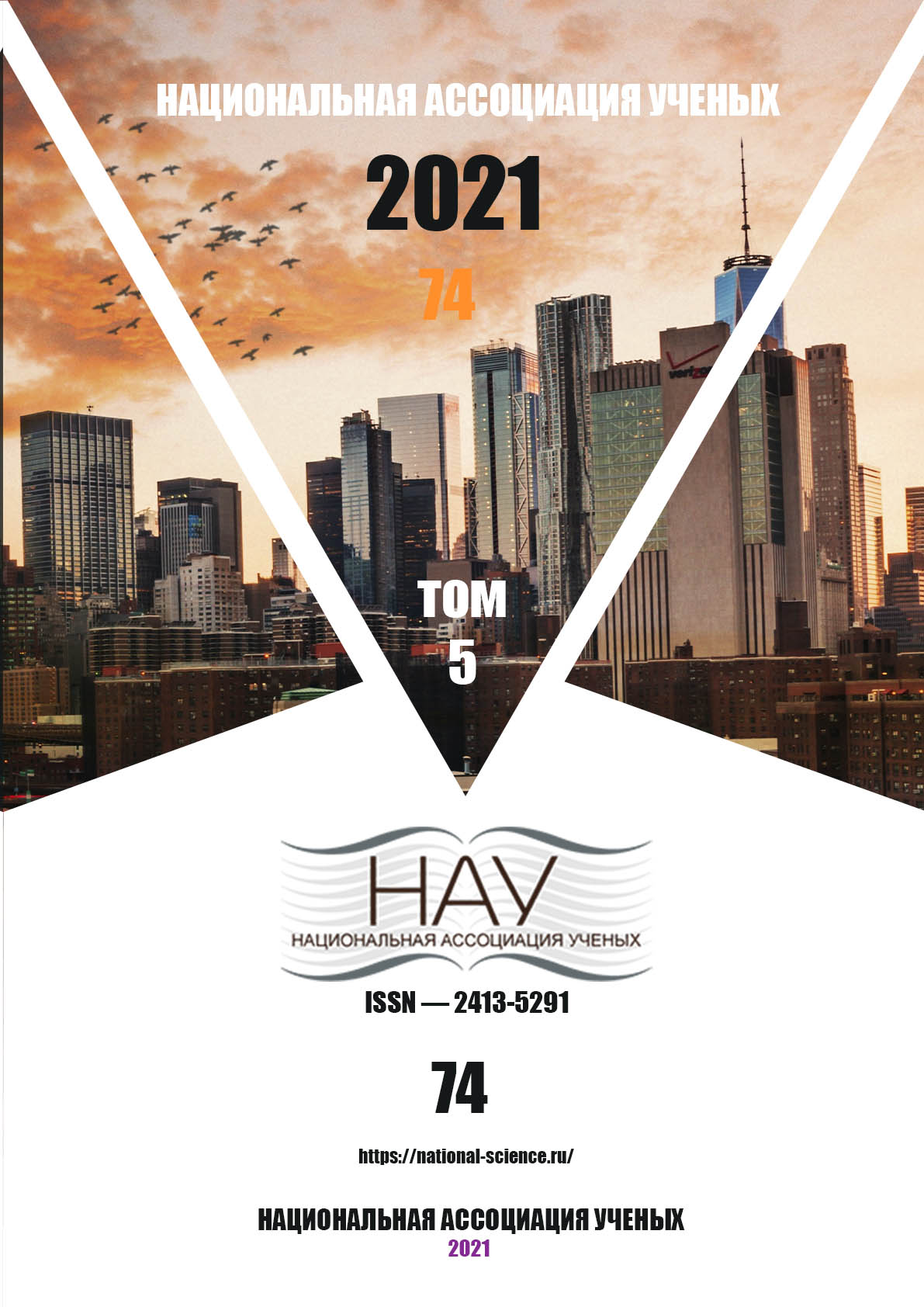ОПЫТ ПРАВОВОГО РЕГУЛИРОВАНИЯ ВНЕБРАЧНЫХ ОТНОШЕНИЙ В ЗАРУБЖНЫХ СТРАНАХ И РОССИЙСКОЙ ФЕДЕРАЦИИ
Ключевые слова:
совместное проживание, добрачные отношения, соглашение о совместном проживании.Аннотация
Статья посвящена вопросу правового регулирования внебрачных отношений в зарубежных странах. Освещены вопросы относительно законодательного закрепления сожительства в Российской Федерации. Затронуты способы защиты внебрачных отношений на примерах Великобритании, Швеции и Индии.
Библиографические ссылки
Varivanskaja Ju.S. Fakticheskij brak v stranah Evropy // STUDNET. №9. 2020. – S.371 – 375.
Erohina E.V. Evropejskoe semejnoe pravo: uchebnik // Orenburg: OOO IPK «Universitet», 2016. – 271 s.
Kosareva I.A. Mezhdunarodnoe, zarubezhnoe i rossijskoe pravo o statuse lic, sostojashhih v fakticheskih supruzheskih otnoshenijah // Semejnoe i zhilishhnoe pravo. №1. 2009. – S. 2 – 8.
Savenko O.E. Nekotorye aspekty pravovogo regulirovanija posledstvij zakljuchenija transgranichnyh brakov // Pravo. Zhurnal vysshej shkoly jekonomiki. №3. 2017. – S. 199 – 209.
Sistema obespechenija zakonodatel'noj tehniki. – URL: https://sozd.duma.gov.ru/bill/368962-7.
Aggarwal S. Inheritance Rights in a Live-in Relationship: An examination of the Indian Legal Framework. – [Electronic resource]. URL: https://www.academia.edu/43702163/Inheritance_Rights_in_a_Live_in_Relationship_An_examination_of_the_Indian_Legal_Framework (date of treatment: 2020).
Cohabitation Agreement in 2021 [Electronic resource]. – URL: https://helpandadvice.co.uk/cohabitation-agreement/ (date of treatment: 1.11.2021).
Swedish history [Electronic resource]. – URL: http://www.hhogman.se/cohabitation.htm (date of treatment: 30.11.2021).
The protection of women from domestic violence act, 2005 [Electronic resource]. – URL: https://legislative.gov.in/actsofparliamentfromtheyear/ protection-women-domestic-violence-act-2005.
Загрузки
Опубликован
Выпуск
Раздел
Лицензия

Это произведение доступно по лицензии Creative Commons «Attribution-NoDerivatives» («Атрибуция — Без производных произведений») 4.0 Всемирная.
CC BY-ND
Эта лицензия позволяет свободно распространять произведение, как на коммерческой, так некоммерческой основе, при этом работа должна оставаться неизменной и обязательно должно указываться авторство.





